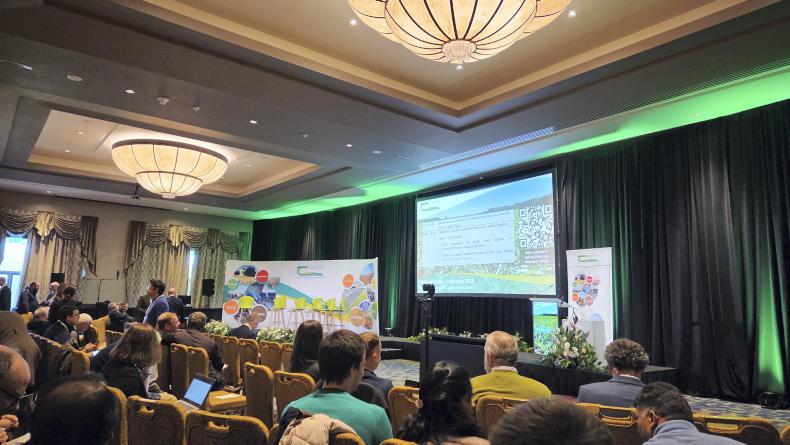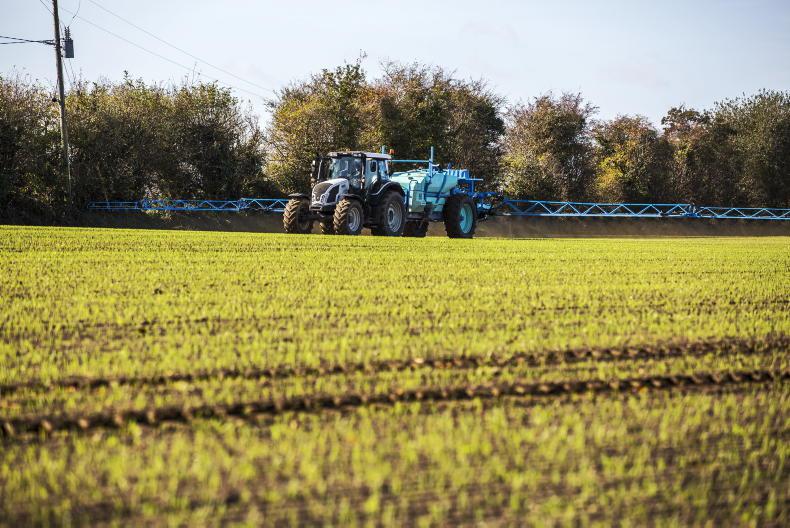The latest MARS crop monitoring report, which was recently released, shows that winter drilling was either complete or mostly complete by early November in most European countries.
Across most parts of Europe, favourable weather has allowed good establishment of winter cereal crops.
However, there are now concerns for frost tolerance, in particular Black Sea winter cereals.
November saw above-average temperatures and near-average rainfall for central and northern Europe.
This allowed favourable early crop development. However, western Europe (France is referred to specifically) saw below-average temperatures.
This hampered early winter wheat development and meant only a few fields have reportedly started tillering, according to the AHDB.
Cooler weather
In southeastern Europe, particularly the Black Sea region, the end of November turned cold. This slowed development of cereals that were already planted late.
Frost tolerance is a concern in this area particularly, as well as most parts of central and eastern Europe overall. Frost tolerance is reportedly ‘weaker than usual’ in these regions and this poses a risk during winter dormancy.
Russia
In the majority of European Russia, hardening is reportedly more advanced. This means crops are potentially better prepared for winter dormancy, whereas for areas in southern Russia hardening is weak.
Though frost tolerance may strengthen, before this, any sharp frosts may damage delayed winter cereals.









SHARING OPTIONS